detail profile enrique pi c3 b1eyro
Peran Yang Di Mainkan Enrique Piñeyro
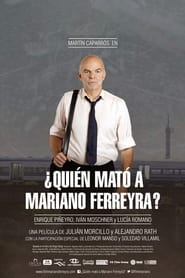 The journalist Andrs Oviedo must write...
The journalist Andrs Oviedo must write...¿Quién mató a Mariano Ferreyra? 2013
The journalist Andrés Oviedo must write about the murder of a young political activist Mariano Ferreyra for the magazine where he works. Oviedo performs a series of interviews and dialogues with familiars and friends of Ferreyra. The search for the truth and the motifs of the crime lead him to confront his publishers, who removed him from the case. In front of the arising complications, Andrés doubts to proceed with the investigation, but the support of his daughter, of the same generation as Mariano, helps him to continue. (FILMAFFINITY)
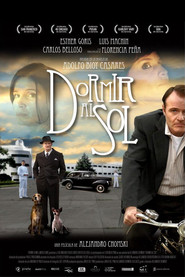 Lucio Bordenave carries on the Grey...
Lucio Bordenave carries on the Grey...Asleep in the Sun 2012
Lucio Bordenave carries on the Grey lifestyle of an unemployed worker, dedicated to the trade of watchmaking, until in a somewhat mysterious way, his wife is admitted to a Frenopatic Institute. From this point on, the story enters a territory without parameters where reality is confused with the imaginary, sleep with wakefulness, and insanity with lucidity.
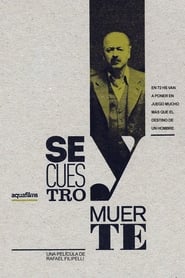 Argentina the 70s One morning several...
Argentina the 70s One morning several...Abduction and death 2011
Argentina, the 70’s. One morning, several armed young men, dressed in military uniform, kidnap a Senior Army General and hide him in a modest cottage. There, without the hostage’s awareness of either the reason for his imprisonment or the people who planned it, the young kidnappers subject him to summary trial. In subsequent days, the military man will respond to an interrogation as severe as precise, that will lay bare the tense contradiction between two political and moral ideologies so incompatible that destruction surely awaits one of the opposite fields. The ending unveils a new chapter of a contemporary drama.
 El Rati Horror Show is a...
El Rati Horror Show is a...The Rati Horror Show 2010
"El Rati Horror Show" is a documentary that portrays the dramatic story of Fernando Ariel Carrera, the case of an ordinary man wrongly sentenced to thirty years in prison - not by mistake but deliberately - through the manipulation of a judicial case in Argentina. The film takes as its central point the way in which Fernando Carrera's case was fabricated: the manipulation and alteration of evidence at the scene of the crime; the manipulation of all national media by Rubén Maugeri, key witness to the events and president of the Association of Friends of Commissary 34. On the other hand, it shows how Fernando Carrera leads his daily life in prison.
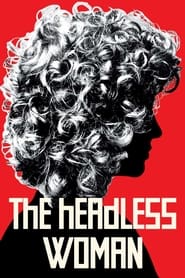 After running into something with her...
After running into something with her...The Headless Woman 2008
After running into something with her car, Vero experiences a particular psychological state. She realizes she might have killed someone.
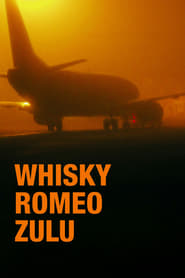 Whisky Romeo Zulu tells the story...
Whisky Romeo Zulu tells the story...Whisky Romeo Zulú 2005
Whisky Romeo Zulu tells the story prior to the crash of LAPA Boeing 737 that on August 31, 1999, caught fire after hitting an embankment in the center of Buenos Aires, killing 67 people. The disaster changed the history of civil and commercial aviation in Argentina, and the film recounts, from the standpoint of the director, a former airline pilot-how in some countries the safety of the flight is incredibly precarious.
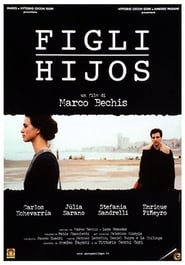 We are in Argentina in 1977 a...
We are in Argentina in 1977 a...Sons and Daughters 2002
We are in Argentina in 1977, a woman gives birth to twins. With the complicity of the midwife he manages to hide the child, second child. The first, a boy, is taken into custody by the regime's guards. The scene moves to the Milan of today. The young Rosa contacts Javier and tries to convince him that they are twin brothers, separated at birth. Thus, the two begin a journey to rediscover their origins and their past. A bitter reality is ready to overwhelm them ...
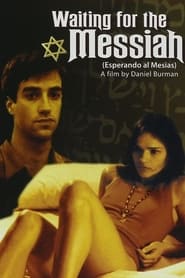 In 1999 Argentinas peso craters Ariel a...
In 1999 Argentinas peso craters Ariel a...Waiting for the Messiah 2000
In 1999, Argentina's peso craters. Ariel, a young man from Buenos Aires' Jewish community, deals with his mother's fatal illness, finds a job as a night shift surveillance camera monitor, and wonders when he'll discover sex. Santamaria, middle aged, loses his bank job and is dismissed by his wife; he finds stolen wallets in dumpsters to return to their owners. Ariel tells Santamaria's story to a TV reporter who profiles lives on the street. She's Laura, in a relationship with another woman, but perhaps available. Ariel desires Laura, while Santamaria courts Elsa, a washroom attendant who's husband is in prison. Christmas and Hanukkah approach; can anyone connect?
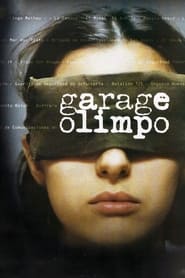 Maria is a militant activist in...
Maria is a militant activist in...Garage Olimpo 1999
Maria is a militant activist in an organisation opposed to the military dictatorship in Argentina. She teaches reading and writing in the shanty towns and lives with her mother in an old and run-down residence. One morning, Maria is carried off, in front of her mother, by a military squad dressed in civilian clothes. The young woman is taken to the Olimpo garage, one of the numerous torture chambers which haunt Buenos Aires to the general indifference of the population. In order to make Maria talk, Tigre, the head of the centre, gives her to one of his best men, Felix.
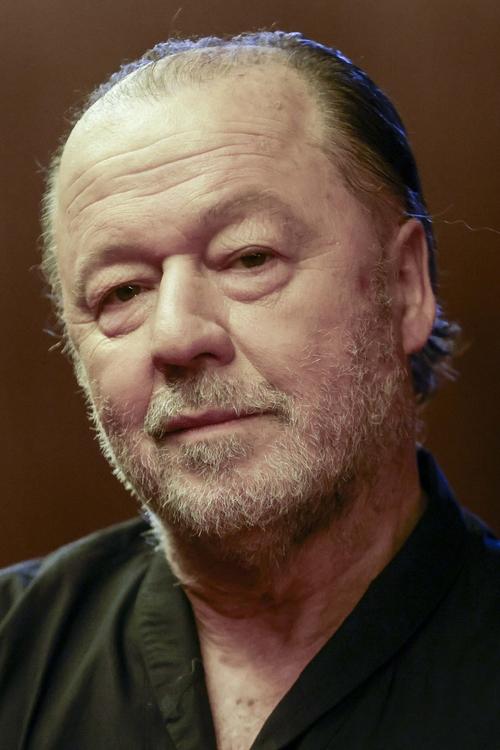
 The life and death of the...
The life and death of the...